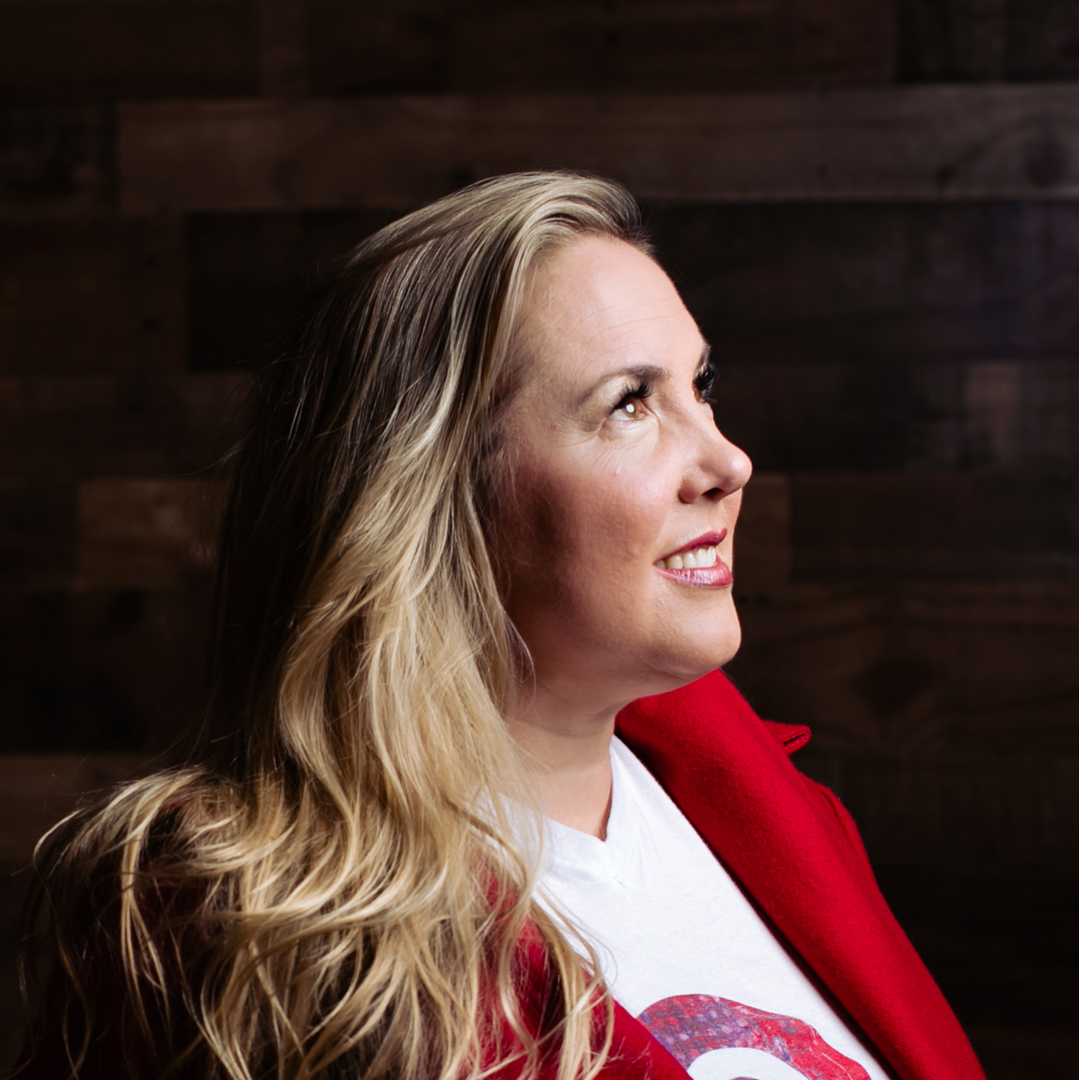|
Getting your Trinity Audio player ready...
|
Back in the halcyon days of 2019, Hormel Foods, the Fortune 500 company with a strong 125-plus year history, embarked on a sweeping digital transformation project in partnership with KPMG. Codenamed “Project Orion,” it was designed to update and streamline many of the core functions of Hormel’s disparate business units that could be cumbersome to navigate for both customers and employees, including its supply chain, finance, and HR systems and processes. Scheduled for rollout in 2020, everything was right on track.
Then came COVID-19.

In Washington, DC, hundreds of miles away from Hormel’s Minnesota headquarters, the words “supply chain” were mentioned some two dozen times during the now famous White House coronavirus press briefings as the nation, and the world, began to adapt to a new reality. Suddenly, the reliability of critical supply chains was on everyone’s minds.
“COVID-19 really exposed fault lines that have been in place for a long time,” said Brian Higgins, KPMG supply chain lead partner on the Hormel project. “If companies aren’t acknowledging that these fault lines are in place, creating serious cost, performance, and customer service issues, they’re kidding themselves.”
One might think in the middle of this disruption that Project Orion would suffer. But due largely to the vision of Hormel’s executive team and its commitment to overhauling a loose set of disparate systems and structures in favor of a more unified and streamlined organization, the project continued with minimal delay and indeed a new sense of urgency. Despite the pandemic, KPMG was able to help its client go live with the majority of the finance function and huge swaths of the supply chain function even after it required an entirely new virtual launch model mid-launch.
Effective remote collaboration became a mission-critical priority and the cloud a foundational element for the virtual work environment. Because of its investment in Project Orion, Hormel was able to quickly scale and pivot its teams. While technology was absolutely essential to the project’s success, it alone was not sufficient.
“There is far more to KPMG’s approach to transformation than technology implementation,” explained KPMG finance lead Sanjay Sehgal. “Beyond helping to implement Oracle Cloud, what we offered here was KPMG’s leading finance, HR, and supply chain practices and the change management required to take a project of this size from conception to life.
“The secret sauce was KPMG’s team,” Sehgal added. “I think Hormel would say KPMG really gelled with their leadership team.”
The Hormel Orion project is one of many examples of KPMG’s business transformational success on a massive scale. To truly transform with cloud, businesses need more than technology. They need leadership support, a change management strategy to ensure adoption, and the right partner who has the industry and technology experience to guide them on the journey.

From KPMG’s perspective, the Hormel project was an opportunity to put a number of tailored solutions to work all at once. Revamping HR, finance, and supply chain processes in one project is a tremendous undertaking. The transition from Hormel’s on-premise systems to Oracle’s Cloud platform was also an opportunity to streamline its back-office operations by adopting leading practices. The KPMG Powered Enterprise approach allowed Hormel to tap straight into advanced organizational design, leading technology, processes, and operating models to accelerate its implementation of Oracle Cloud.
“We are one of the top consulting firms in the consumer and retail space, and when you add our ideas on where the future of food companies is headed, it made a great combination for the Hormel project,” Sehgal said. “Hormel was looking to address not only its internal employees from an HR and talent perspective but also the way that its external customers, retailers, and grocers interacted with the company.”
“Prior to this project, the ‘One Hormel’ principle the company was looking to embody didn’t always feel that way to its customers,” Higgins explained. “The same customer could get multiple communications from different business segments or divisions. They might have orders show up on separate trucks just hours apart. Unifying these makes a better customer service experience—it’s more streamlined, and the economic benefits are obvious as well.”
“The pandemic has forced leaders to figure out how their business must evolve to serve their customers in a more efficient and cost-effective environment.”
—Sanjay Sehgal
That relationship is essential for KPMG to understand how to tailor its services to ensure success. “I think that’s really in KPMG’s DNA,” Sehgal said. “Instead of coming in with a ‘we know best’ attitude, we want to listen to the client and align and understand what they want to accomplish.”
“The world changed a lot in the first four months after COVID-19,” added Sehgal, who spoke with Profile in early July 2020. “The pandemic has forced leaders to figure out how their business must evolve to serve their customers in a more efficient and cost-effective environment.”
Higgins concurred. “Companies have got to start thinking about their own transformational journey to bulletproof their supply chains and other functions,” he said. “Hormel was a company that had the foresight to have put this process in motion almost two years ago and now it has an obvious strategic advantage going forward.”
Amidst the COVID chaos, the only real certainty is that the nature of work has been redefined in a very short period of time. And it seems that companies willing to acknowledge that reality will be far better prepared to adapt as the changes keep coming. KPMG remains out at the front of the pack, ready for the next company to get serious about the new realities of work and how to streamline and transform its business.

